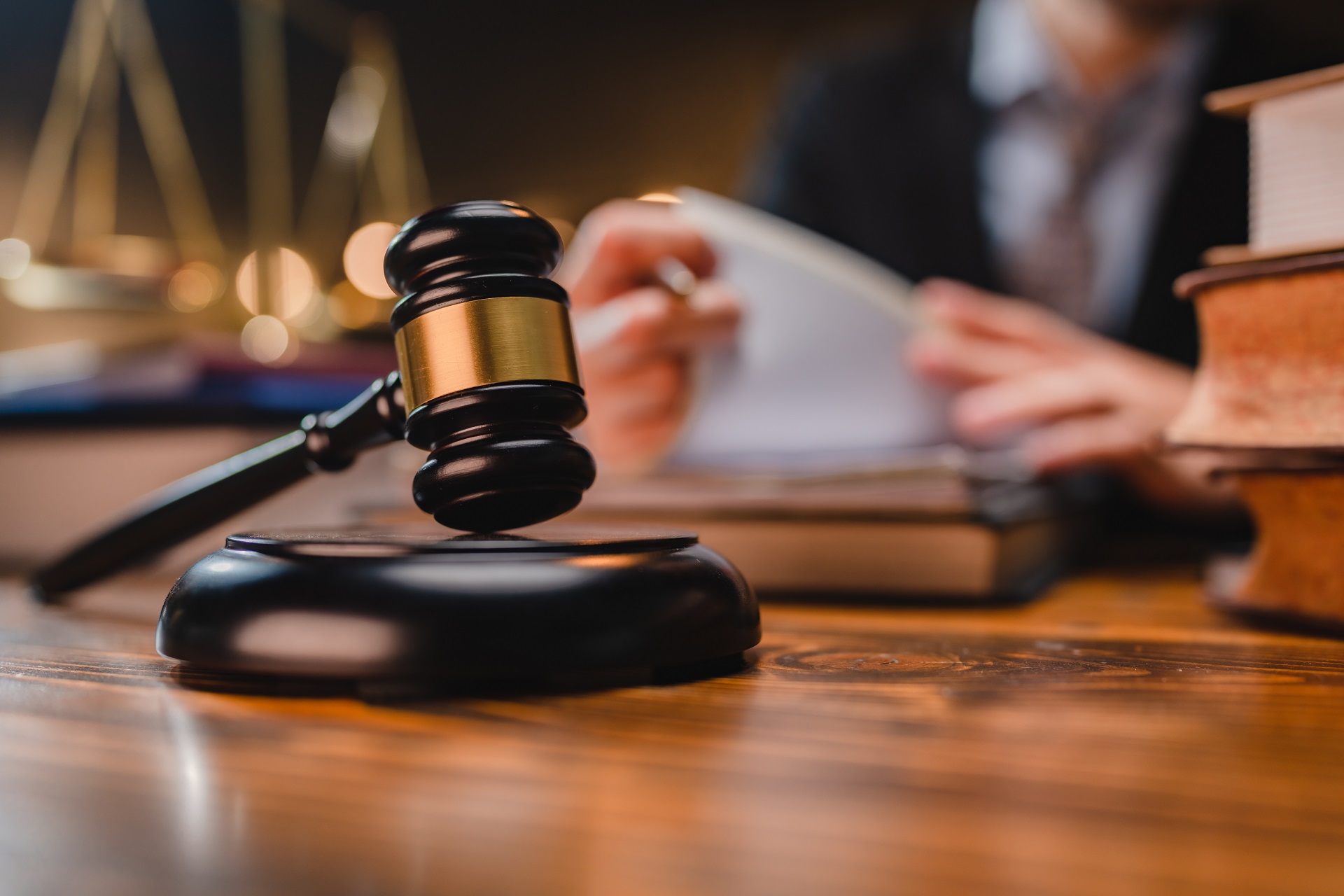Seeking Legal Protection: Filing for Domestic Violence Protection Orders in Washington State
Romantic relationships are complicated, and emotions can be intense and overwhelming at times. If you are going through a breakup or divorce, emotions can escalate exponentially. Domestic violence prevention advocacy groups have reported that victims are the most vulnerable to abuse during breakups, legal separations, and divorces. Fortunately, Washington state lawmakers have implemented legal protections for individuals seeking refuge from acts of violence, threats, and manipulation at the hands of a spouse, dating partner, ex-partner, or roommate. It’s essential to recognize that you do not have to suffer alone in silence—enlisting the support of a caring and trusted family law attorney can empower you to take control of your future and secure the legal protections you need to feel safe once again. This post will explore the steps involved in obtaining a Domestic Violence Protection Order (DVPO) in Washington state.
How a DVPO Protects Petitioners
First, it’s helpful to understand how a Domestic Violence Protection Order (DVPO) works. Essentially, a DVPO informs the alleged abuser (known as the respondent) that they cannot contact you or engage in specific behaviors. Any violations of the DVPO may result in significant consequences, including potential criminal penalties. According to Washington state courts, a DVPO can accomplish the following:
- Prohibit contact of any kind, including cyber harassment, and be tailored to individual needs
- Remove the abuser from a shared residence and prohibit them from entering the residence
- Provide temporary custody of children to the petitioner and set a visitation schedule
- Grant essential possessions to the petitioner (i.e., vehicle, medicine, pets, etc.)
- Order the abuser into treatment or counseling
- Compel the abuser to surrender (and prohibit them from possessing) firearms, dangerous weapons, and any concealed pistol licenses
When you file a petition for a DVPO, you can indicate the types of behaviors you need protection from. The court will assess your request and determine the language necessary to stop the recipient from subjecting you to further harm, fear, harassment, or intimidation.
Qualifying for a DVPO
Washington state lawmakers allow individuals to seek a DVPO in several circumstances. Their goal is to remove as many barriers as possible to ensure that those in abusive situations are able to secure the legal protections they need. You may seek a DVPO against the following individuals: spouses and domestic partners (current or former); your child’s other parent; anyone related to you by blood, marriage, domestic partnership, or adoption; housemates (current or former); dating partners (current or former); legal guardians; and those with whom you share a parent-child relationship (i.e., stepparents, grandparents, a parent’s intimate partner, etc.). If you have questions about whether a DVPO would apply in your situation, reach out to a compassionate and experienced attorney to discuss your concerns.
Pursuing a DVPO in King County
Since safety concerns are at the heart of DVPO matters, the process for filing a DVPO request is relatively short and streamlined. Here are the steps you need to take to obtain a DVPO against an abuser.
Locate and Complete the Petition
The first step is to locate and fill out the form called “Petition for Protection Order.” You can indicate that you are seeking a DVPO, and you will be asked to provide essential information about yourself, the respondent, and whether you (or your children) are in immediate danger. You will also indicate the types of protections you are seeking (i.e., no contact from the respondent, compelling the respondent to stay away from you, etc.). Once you have completed this form, you must file it in District or Superior court.
The Court Reviews the Completed Petition
The court will review your completed petition and determine whether to issue a Temporary Order. Temporary Orders typically apply to situations where the petitioner is in immediate danger of harm. If the court issues a Temporary Order, it will remain effective for up to 14 days. The court will also schedule a hearing, and the respondent will be notified about the DVPO filed against them, the Temporary Order (if applicable), and invited to appear in court.
The Court Hearing
Once both parties have exchanged documents supporting their positions, the court will hold a hearing. Each party will have the opportunity to testify and present written materials, documents, and evidence to the court. The court will issue a ruling to either grant or deny the DVPO request. Most DVPOs expire after one year. However, you have the right to petition the court to keep the DVPO in place for a longer period of time.
Your Safety and Well-Being Matter
Going through a divorce or separation can be overwhelming, especially if your ex is threatening or harassing you. You need to know that you do not need to endure their abuse—you have the right to protect yourself from their destructive behavior. Reach out to a caring and empathetic attorney right away to put an end to the abuse. Your lawyer will work hard to protect your safety so you can feel hopeful about your future once more.
Reach out to the Hemmat Law Group today by calling (206) 682-5200 to speak with a compassionate and understanding Seattle family law attorney.
The Hemmat Law Group (HLG) was founded in 1994 by Steven Amir Hemmat, a former DOJ Trial Attorney. We specialize in family law, supporting victims of the legal system.
The Hemmat Law Group help good people in bad situations.
Our lawyers provide expert legal advice connected to protection orders, including in cases of domestic violence, stalking and neighbor disputes. Contact us today.














